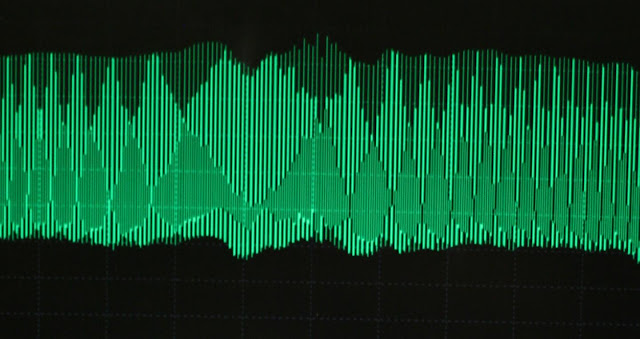Recently, US researchers have found a way to increase the speed of internet (data traveling) over a fiber optic network. It is expected that this technology will adopted commercial to provide cheaper and faster internet. According to Nikola Alic, a data scientist at Qualcomm Institute, which is part of the University of California at San Diego, this technique will take the couple of years to make a meaningful impact, but it’s all about implementation process and determination of the technical community. The more he added that whenever more you struggle the much faster you sink because it’s like quicksand.
US based researchers have found the way which is more significant to improve the performance of fiber networks as it could be benefit for both such as; ISP (Internet Service Providers) and consumers. The researchers have found a way to manage the distortion in internet network whenever you try to add power in it. It allows data to travel for longer distances before being reconditioned by electronic regenerator.
However; it’s clear that these findings will eliminate the need of electronic regenerators. These fiber optic cables are not only able to carry information or data for long distance, but also they don’t need power to supply data. Information and data in fiber optic cables get degrades with the distance travel and whenever you will try to increase the speed of internet at which data or information is traveling after getting boost from power in the network, so degradation gets worse.
The main concern with repeaters is that they should be applied anywhere from 80 to 200 data channels, but it could be highly power consuming as well as much expensive. However; to reduce the numbers of repeaters in the network, researchers have used the frequency combs of wideband to make sure that signal distortion which also known as the crosstalk.
Crosstalk occurs in the fiber to convert it into the original state after while arriving at its final destination. We all are aware that crosstalk was not random as it governed by high strict physical laws, but whenever we will look into the lab, it will appeared as the random which is still mystery, explained Alic.
According to Doug Brake, who is telecom policy analyst at The Information Technology & Innovation Foundation, it affects the way of sending the information over the fiber optic networks, but it is not a limitation factor while building the infrastructure at the last stage. In the whole process eventually, researchers have discovered the frequency variations in the entire communication channel, which need to tune at the source.
To produce some meaningful result in the lab researcher were able to retrieve the information after traveling 7,400 miles or 12,000 kilometers through fiber optic cables as well as standard amplifiers. According to cyber experts, this technology is meaningful and attractive for new ISP players such as; Google as they are adopting aggressive marketing strategies and technologies to capture the major market share.


No comments:
Post a Comment